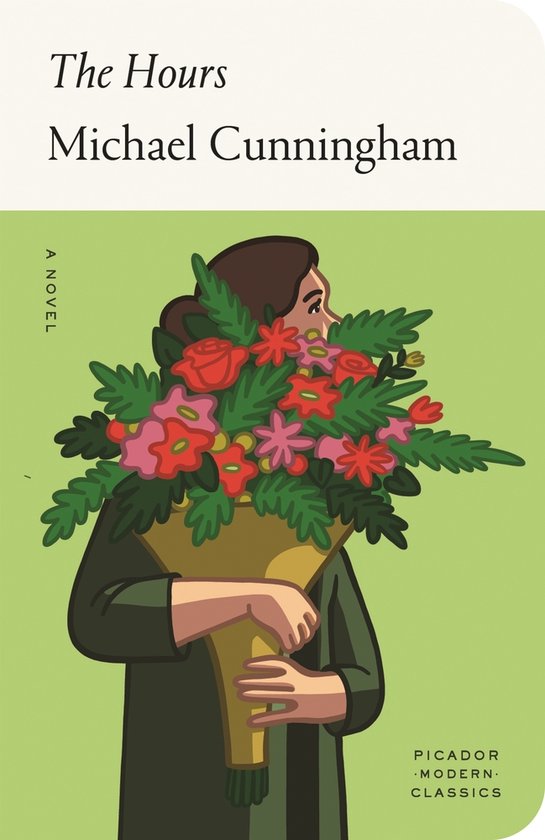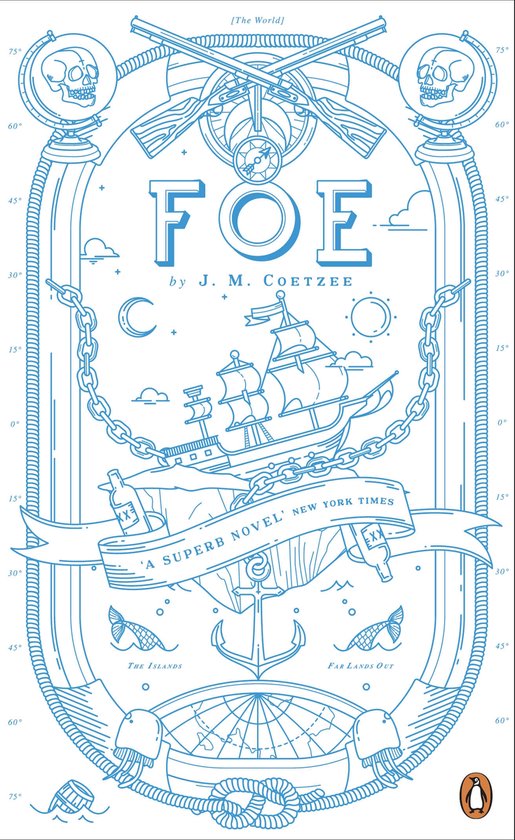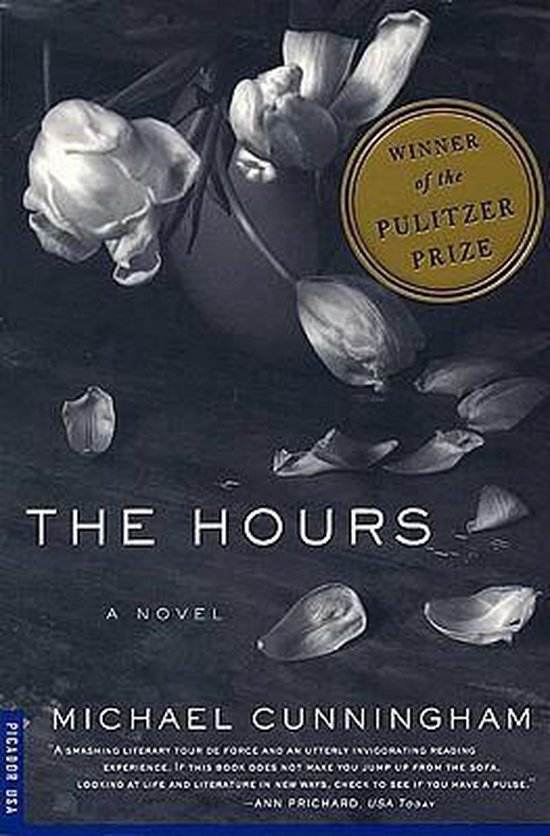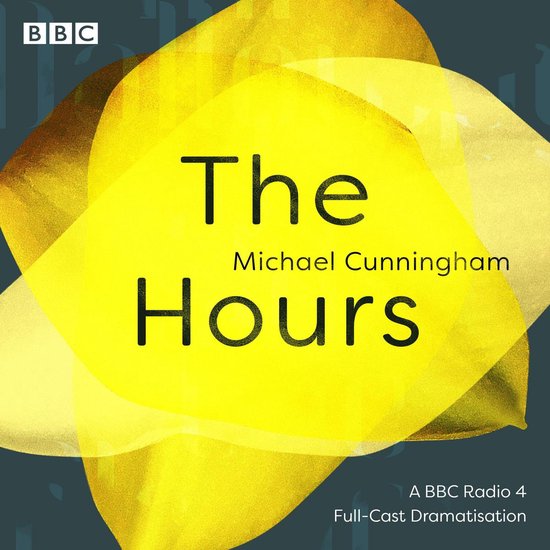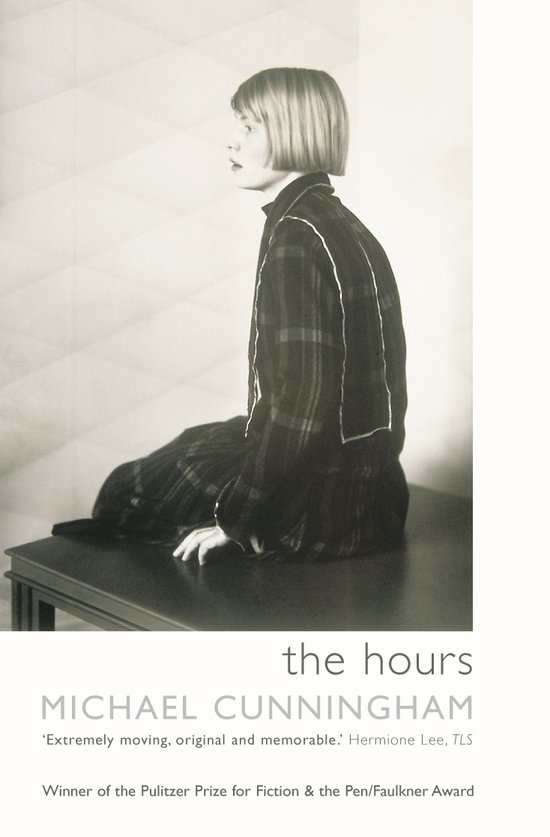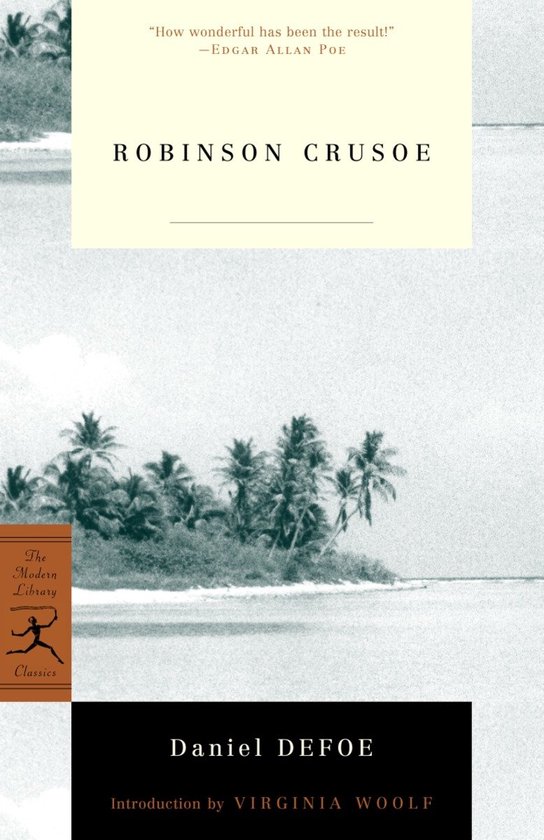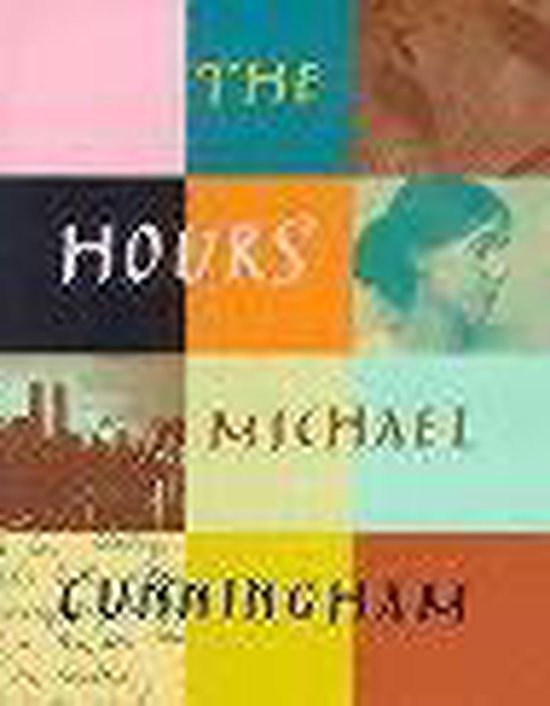
The Hours
The Hours is both an homage to Virginia Woolf and very much its own creature. Even as Michael Cunningham brings his literary idol back to life, he intertwines her story with those of two more contemporary women. One gray suburban London morning in 1923, Woolf awakens from a dream that will soon lead to Mrs. Dalloway. In the present, on a beautiful June day in Greenwich Village, 52-year-old Clarissa Vaughan is planning a party for her oldest love, a poet dying of AIDS. And in Los Angeles in 1949, Laura Brown, pregnant and unsettled, does her best to prepare for her husband's birthday, but can't seem to stop reading Woolf. These women's lives are linked both by the 1925 novel and by the few precious moments of possibility each keeps returning to.
As Cunningham moves between the three women, his transitions are seamless. One early chapter ends with Woolf picking up her pen and composing her first sentence, "Mrs. Dalloway said she would buy the flowers herself." The next begins with Laura rejoicing over that line and the fictional universe she is about to enter. Clarissa's day, on the other hand, is a mirror of Mrs. Dalloway's--with, however, an appropriate degree of modern beveling as Cunningham updates and elaborates his source of inspiration. Clarissa knows that her desire to give her friend the perfect party may seem trivial to many. Yet it seems better to her than shutting down in the face of disaster and despair. Like its literary inspiration, The Hours is a hymn to consciousness and the beauties and losses it perceives. It is also a reminder that, as Cunningham again and again makes us realize, art belongs to far more than just "the world of objects.
As Cunningham moves between the three women, his transitions are seamless. One early chapter ends with Woolf picking up her pen and composing her first sentence, "Mrs. Dalloway said she would buy the flowers herself." The next begins with Laura rejoicing over that line and the fictional universe she is about to enter. Clarissa's day, on the other hand, is a mirror of Mrs. Dalloway's--with, however, an appropriate degree of modern beveling as Cunningham updates and elaborates his source of inspiration. Clarissa knows that her desire to give her friend the perfect party may seem trivial to many. Yet it seems better to her than shutting down in the face of disaster and despair. Like its literary inspiration, The Hours is a hymn to consciousness and the beauties and losses it perceives. It is also a reminder that, as Cunningham again and again makes us realize, art belongs to far more than just "the world of objects.
| Auteur | | Michael Cunningham |
| Taal | | Engels |
| Type | | Hardcover |
| Categorie | | Literatuur & Romans |
